Cloud computing empowers AI on blockchain — Here’s how
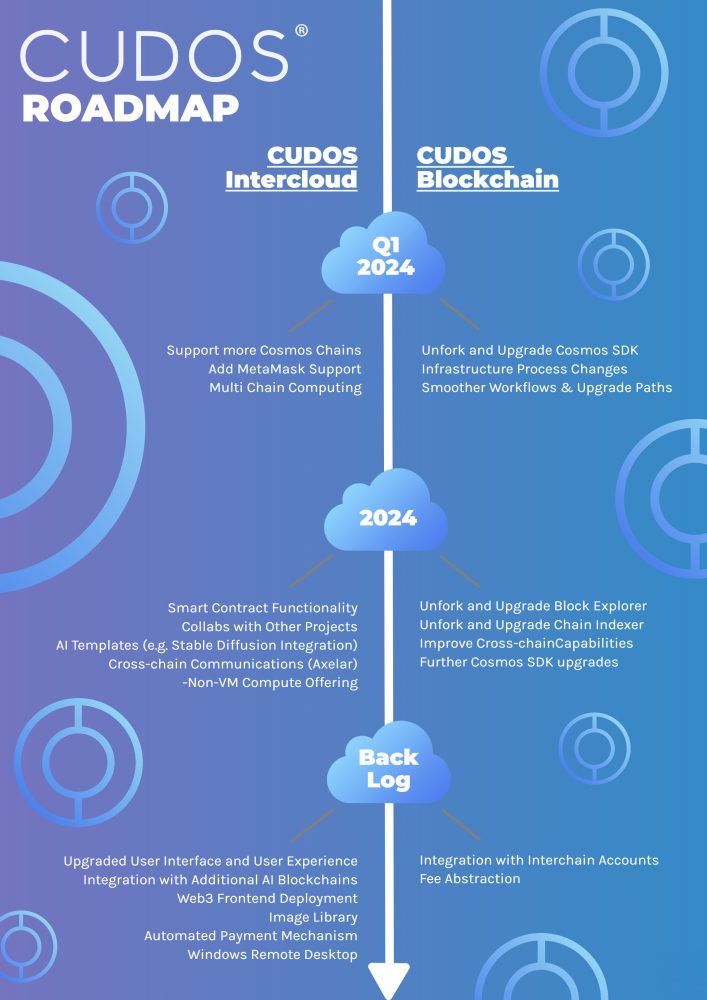
Integrating AI with blockchain technology has immense potential but presents challenges in scalability, processing power and environmental sustainability.
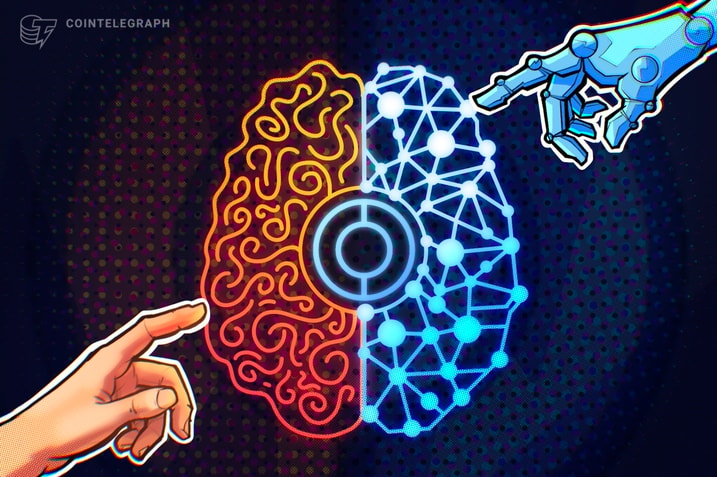

In recent years, the fusion of artificial intelligence (AI) with blockchain technology has sparked considerable interest across various sectors, promising groundbreaking innovations that could transform industries ranging from finance to healthcare.
The combination holds the potential to enhance data security, improve decision-making processes and unlock new efficiencies. Yet, despite the palpable excitement, the path to fully unleashing AI’s capabilities within the blockchain ecosystem is fraught with challenges that need to be meticulously addressed.
Challenges in AI and blockchain integration
One of the biggest challenges lies in scalability and processing power. Blockchain networks, made to be secure and open for everyone, often have trouble dealing with many transactions at once. These networks typically process transactions at a slower pace compared to centralized systems, a bottleneck that intensifies when integrating computational power-hungry AI algorithms and machine learning models.
The sheer computational power required for these AI systems is vast, and most current blockchain infrastructures simply aren’t equipped to handle this demand efficiently. The deadlock results in slowed processing speeds and escalates operational costs, posing a considerable obstacle to scalability and wider adoption.
Integration complexity stands as another formidable barrier. A new breed of frameworks and protocols must be developed for AI systems to interact effectively with blockchain networks. The developed solutions need to facilitate the complex dialogue between AI algorithms and blockchain technology, ensuring a seamless, secure and efficient integration that can support the advanced functionalities demanded by modern applications.
Moreover, sustainability concerns loom large over the future development of both AI and blockchain technologies. To put it into perspective, training a single AI model can emit a carbon footprint equivalent to five cars over their entire lifespans. The substantial energy consumption inherent to these technologies — stemming from the intensive computational power required by AI systems and the energy-intensive nature of many blockchain networks — raises pressing environmental and ethical questions.
High electricity usage translates to an increased carbon footprint, a situation at odds with global efforts to combat climate change. Addressing these sustainability challenges is critical from an environmental standpoint and ensuring the long-term viability and acceptance of AI and blockchain innovations.
Cloud computing platforms to solve limitations
As the digital world progresses toward more integrated and efficient systems, decentralized sustainable Web3 cloud computing platforms emerge as vital players in addressing the limitations hindering AI’s full potential within the blockchain ecosystem.
One such platform, CUDOS — a decentralized blockchain-based network — exemplifies a scalable solution designed to sustainably meet the escalating demands of AI and cloud computing. The platform aims to improve user experience by providing faster, more reliable services at lower costs and addressing pressing issues related to energy consumption to minimize environmental impacts.
The platform’s unique offering, CUDOS Intercloud, is designed to meet the burgeoning needs of AI development, the metaverse, high-performance computing and the broader Web3 community. It provides a seamless, permissionless gateway to a Web3-native, decentralized cloud computing ecosystem that prioritizes eco-friendliness alongside cutting-edge technology.
CUDOS’ Intercloud initiative is precisely optimized for AI companies requiring robust, full virtual machines for efficient operation. Intercloud provides access to the latest Ada Lovelace and Ampere GPU options through passthrough for peak performance, ensuring AI applications run smoothly. The platform’s pay-for-what-you-use model, with immediate refunds for unused time, exemplifies CUDOS’s commitment to flexibility and efficiency.
Overcoming scalability and processing power bottlenecks
CUDOS addresses scalability and processing power challenges by leveraging distributed compute resources from a global network of providers in eight countries, including the United States, the United Kingdom, Canada, Nigeria, Norway, Brazil, India and Sweden. CUDOS’ decentralized strategy expands the processing capacity available for AI applications, ensuring scalability and efficiency beyond the constraints of conventional blockchain infrastructures.
Optimized for performance, CUDOS grants access to a broad spectrum of computational resources, enabling AI algorithms to operate with maximum efficiency. This optimization cuts down processing times for intricate computations, facilitating the deployment of advanced AI models on blockchain platforms, thus overcoming a key obstacle in integrating AI with blockchain technology.
Through standardized application programming interfaces (APIs) and development frameworks, CUDOS simplifies the integration of AI with blockchain. These tools are crafted to reduce the complexities associated with blockchain technology, allowing AI developers to easily deploy and manage their applications.
With cross-chain compatibility on its roadmap, CUDOS is gearing up to enhance interoperability among various blockchain networks. The cross-chain capability will enable AI applications to access data and resources across blockchains, significantly diminishing integration complexity.
Eco-conscious computing: Addressing sustainability
CUDOS actively addresses sustainability concerns by committing to partnerships exclusively with providers that utilize 100% renewable energy for their GPU requirements, as exemplified in its recent collaboration with a Sweden-based supplier.
By choosing partners that utilize 100% renewable energy, CUDOS ensures the sustainability of its operations and champions a vision where technological progress does not come at the expense of the environment.
Decentralized sustainable Web3 cloud computing platforms like CUDOS represent a transformative solution to the current limitations facing AI on blockchain and aim to become the industry’s ultimate form of cloud computing. By addressing key challenges such as scalability, integration complexity and sustainability concerns, CUDOS paves the way for the seamless integration of AI technologies with blockchain.

CUDOS’ roadmap for 2024. Source: CUDOS
The innovation enhances the capabilities and efficiency of AI applications while promoting a more secure, transparent and equitable digital ecosystem. As such platforms continue to evolve and mature, they will play a crucial role in realizing the full potential of AI on the blockchain, driving innovation and value creation across numerous industries.

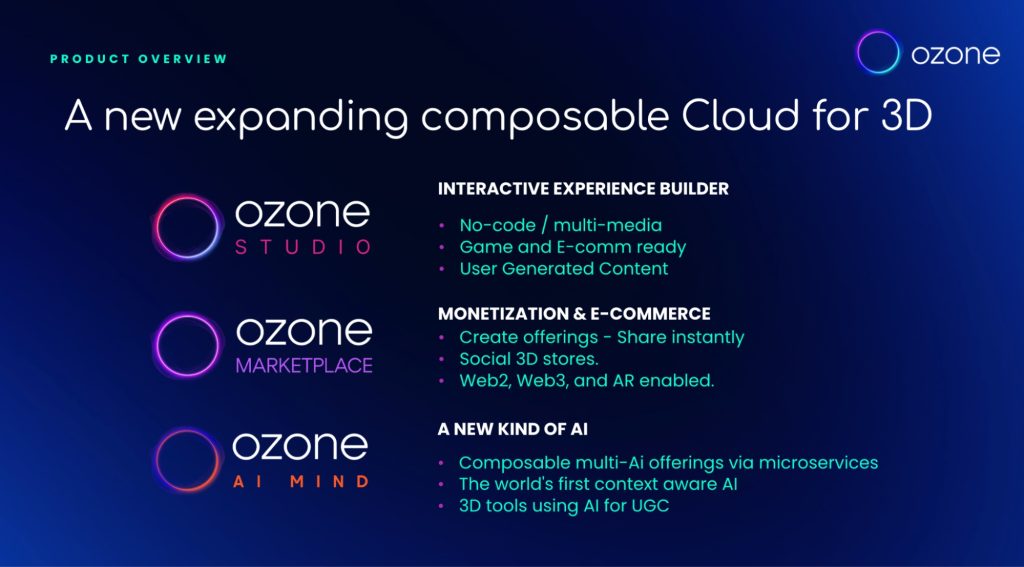
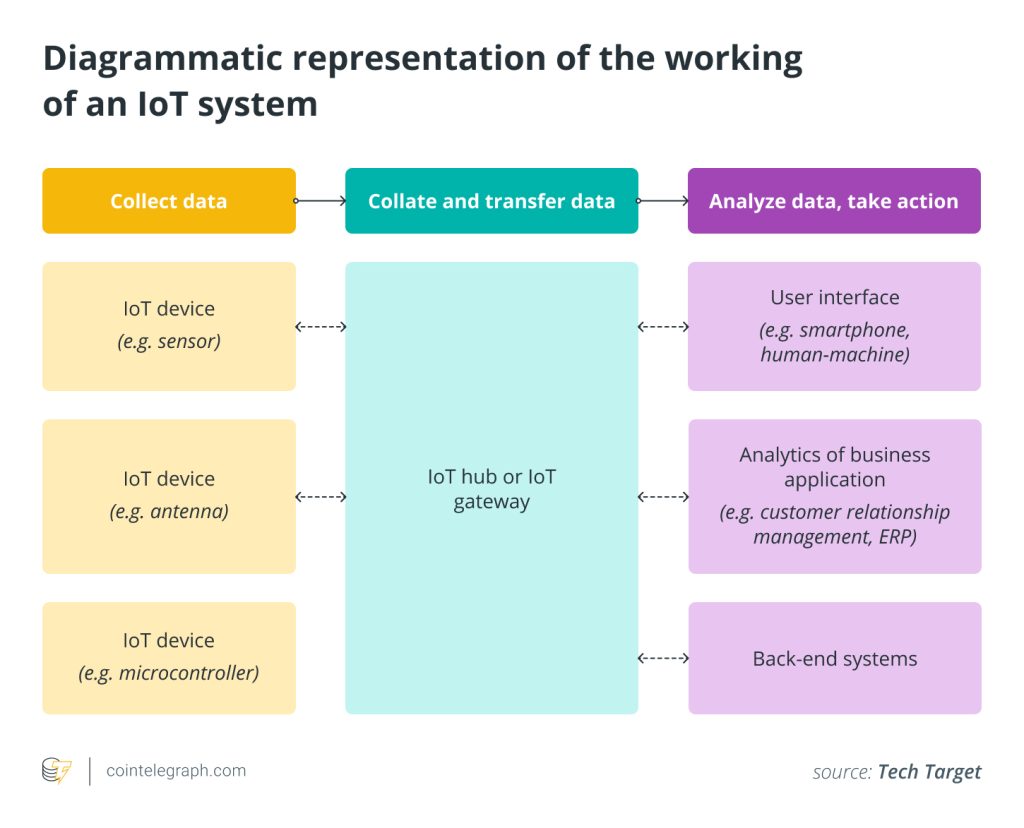
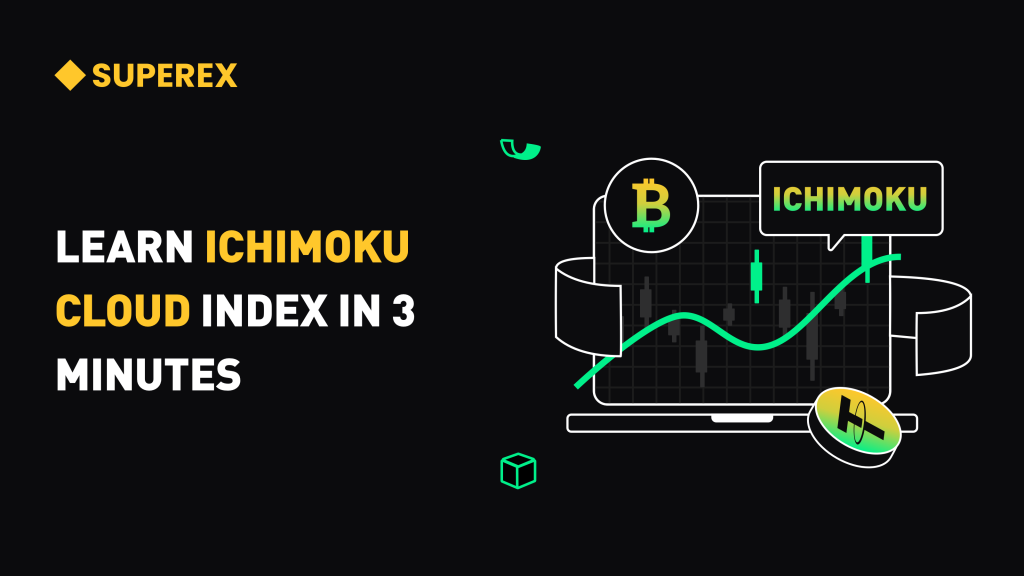

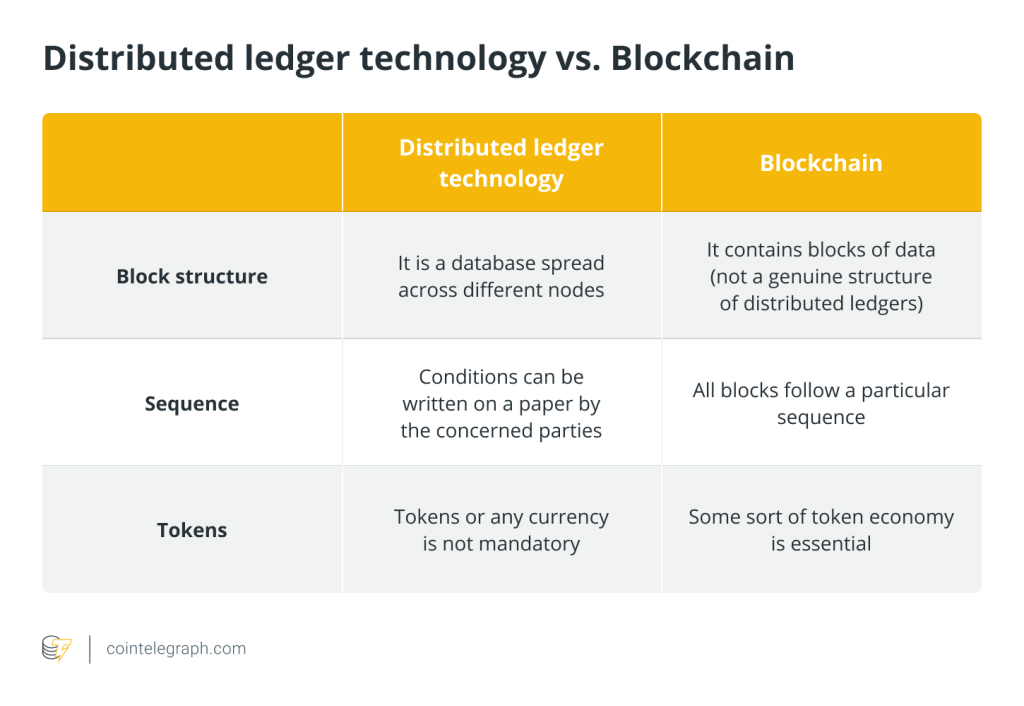
Responses